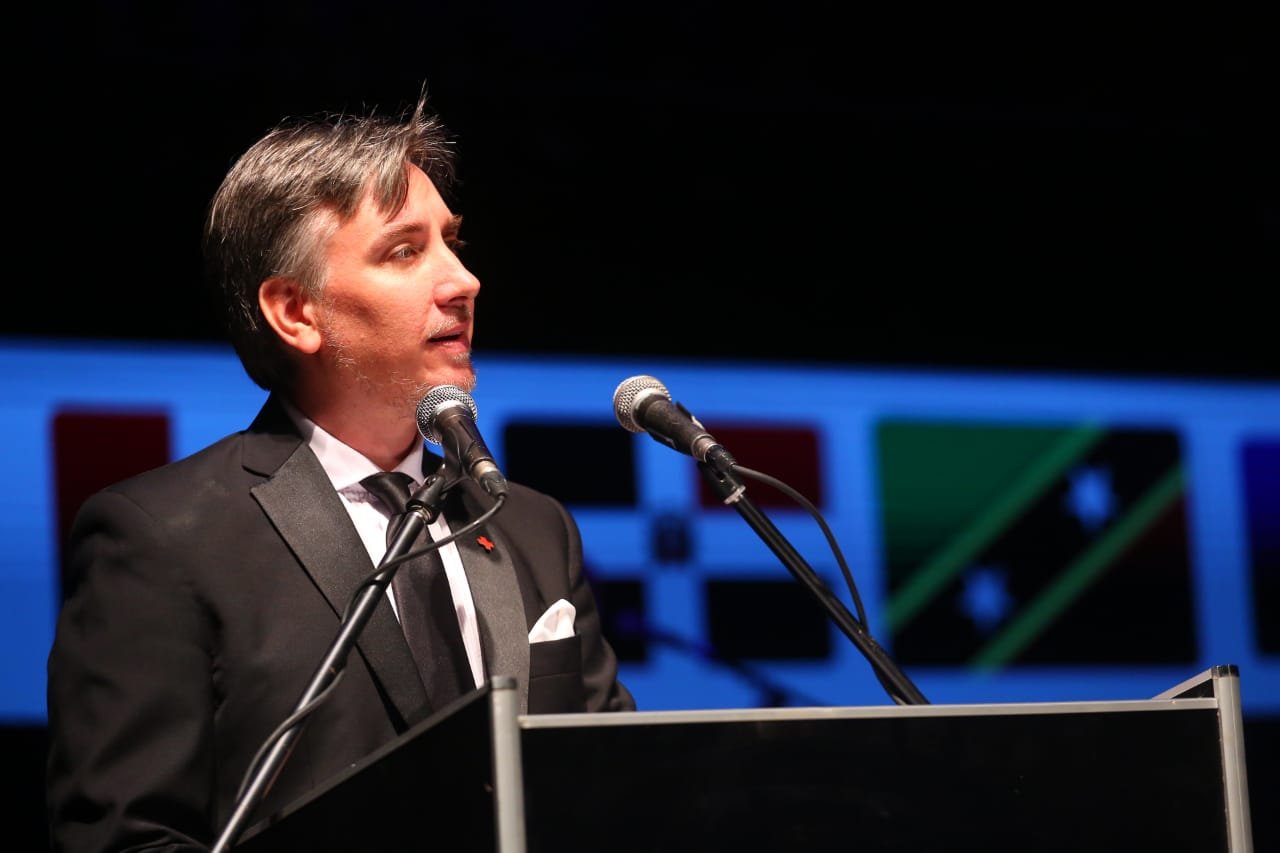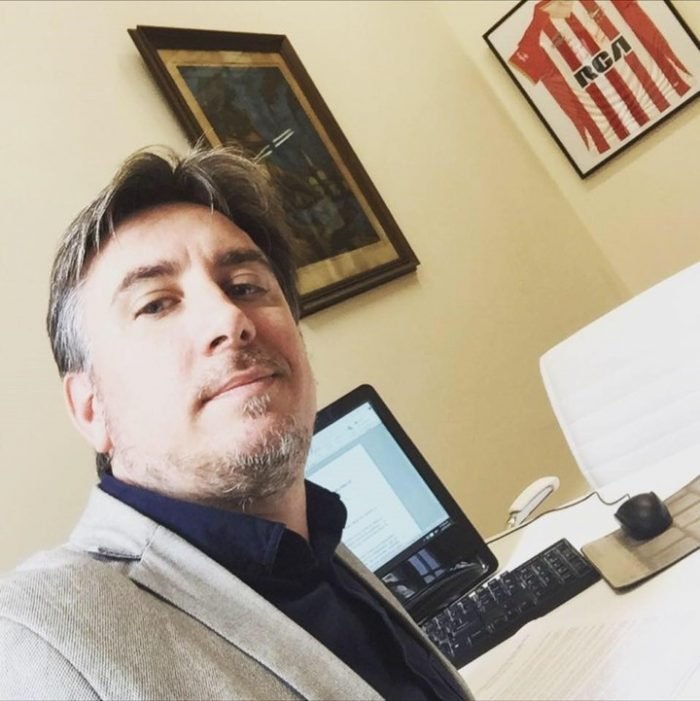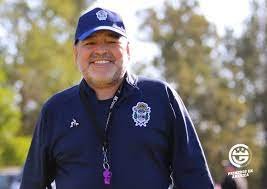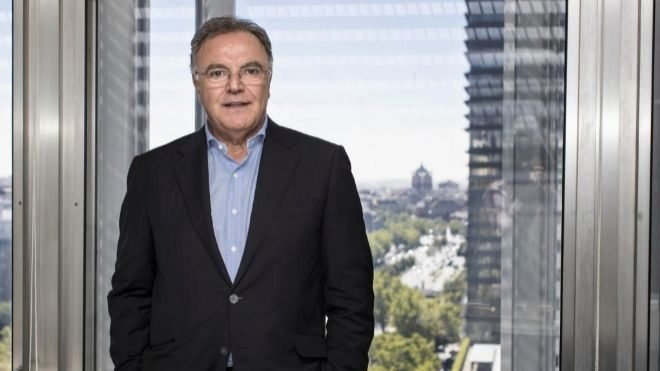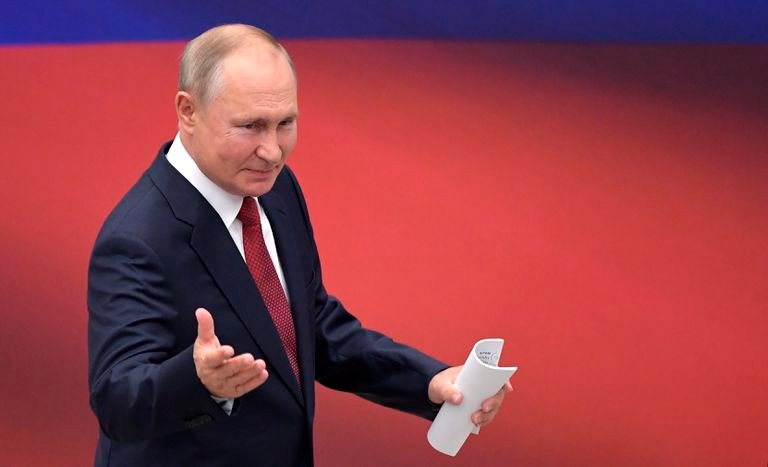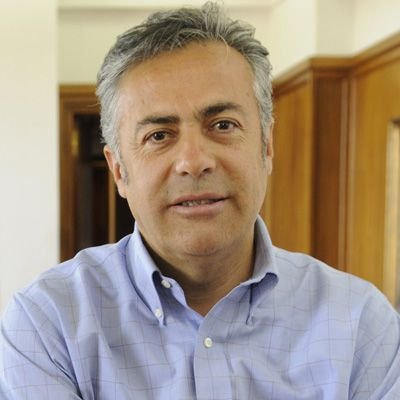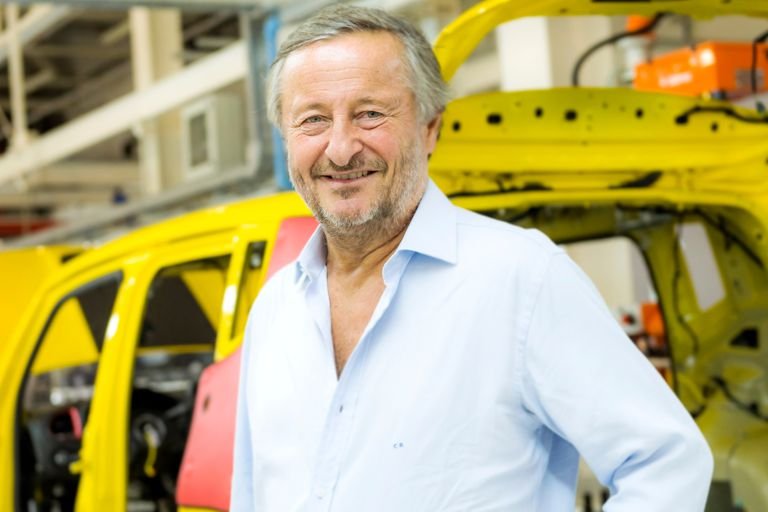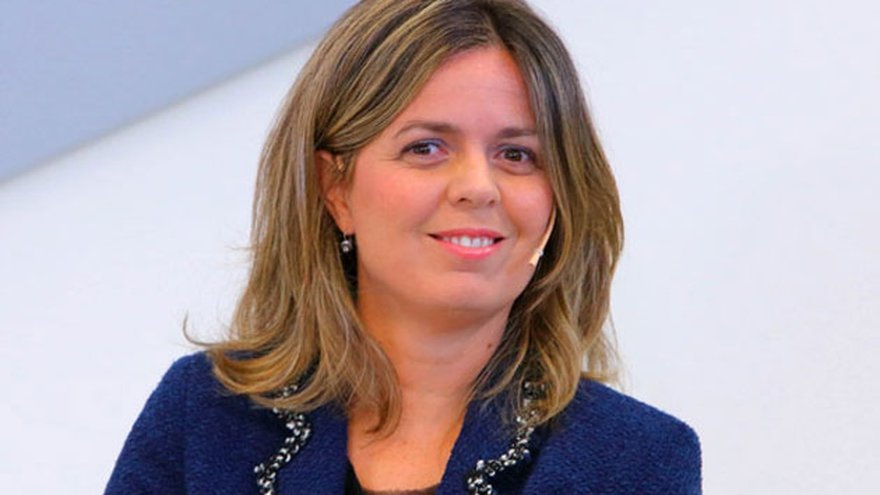Biography of Diego Tipping
Diego Tipping was born in La Plata. He studied at the Catholic University of La Plata, graduating with a law degree in 2000.
Born in 1977, Diego grew up in the La Loma neighborhood of La Plata and has been a lawyer since 2000. He currently resides in the town of Gonnet, located about 6 km northwest of downtown La Plata. Just as he did when he was a child, he remains a passionate supporter of his beloved football club, Estudiantes de La Plata, and was even a member of the club’s board of directors.
Alongside his role as President of the Argentine Red Cross, Diego Tipping is also a member of the Governing Board of the International Federation of Red Cross and Red Crescent Societies.
Diego Tipping Interview on Prospera Mañana
Tipping, President of the Argentine Red Cross, gave an insightful interview on the radio program Prospera Mañana, hosted by Gabriel Prosperi and broadcast by Radio del Aire, based in his hometown of La Plata.
Maradona and the Red Cross
El Presidente de Cruz Roja, Diego Tipping, comentó que no tiene más que palabras de agradecimiento por la generosidad de Maradona. Es la segunda vez en contexto de esta pandemia, hace poco lanzamos una campaña con la CONMEBOL, muy simbólica, que comenzó con la donación de una Copa Libertadores y el presidente Alejandro Dominguez desafiando a Diego a donar un elemento icónico.
Hizo hincapié en que le llevó “medio renglón de whatsapp” para que aceptara. Rápidamente se sumó y dijo: “es para ayudar, es para ustedes, acá estoy”. A raíz del éxito y la repercusión que tuvo esa campaña surgió la idea de poder ampliarlo, de llevar la ayuda a todo el país.
Si bien comenzó como una donación de camisetas va más allá, porque hay empresas asociadas, la gente, la idea de poder llegar a diez ciudades de Argentina con pequeñas obras de infraestructura. Se acaba de sumar el ministerio de deporte de la Nación, que va a hacer un “potrero” en cada una de esas localidades.
Muchísima gente que vió ayer el lanzamiento y hoy nos está diciendo cómo pueden aportar para llevar pequeñas soluciones locales, que no solo tiene que ver con el tema de alimentos, que estamos trabajando nosotros ahora como una circunstancia extraordinaria en este contexto de emergencia, sino también buscando la reinserción laboral de esas personas, a través de la enseñanza de oficios, de la vinculación con el sector empresarial, realmente es una iniciativa hermosa.
Le queremos agradecer a Diego, a Matías Morla que también está desde el minuto uno, a Nicolás Rodriguez Saa que vinculó a todas las partes. Realmente es una campaña que esperemos que tenga mucho éxito.
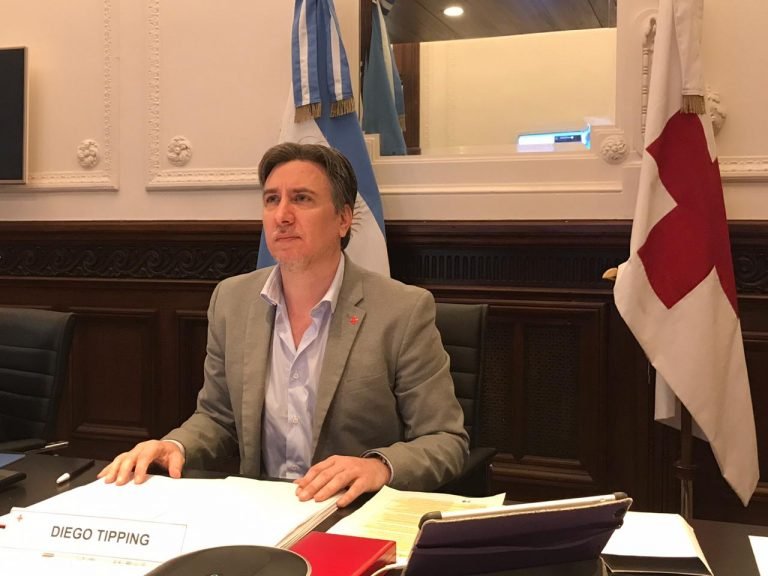
Can participants win one of the jerseys signed by Maradona?
It was organized through our website, www.cruzroja.org.ar, where you can find all the ways to take part. We’re holding a raffle; in all formats, we’re using raffles instead of auctions because auctions or bidding often restrict participation to those with greater financial means. With this system, people can purchase «chances» to enter, making access to something so iconic and treasured by all Argentines—like a national team jersey signed by Maradona—more equitable for everyone.
What is the amount one needs to contribute?
The chances will have a minimum value of around one hundred pesos. People can buy as many chances as they want. It’s similar to buying numbered tickets, if you want to compare it to something. The more chances are sold, the greater the odds for each participant based on how many they purchased.
What would you say to Diego Maradona or Matías Morla?
I’ve met with Matías Morla on several occasions, so I want to highlight his humility. We haven’t yet met with Diego Armando Maradona due to the current context — we’re all trying to go out as little as possible and follow protocols — but it will happen soon.
We saw that he was going through a personal issue, but he’s doing better now and we’re really happy about that. Not long ago, we carried out a beautiful initiative in Fiorito, where he was born, and during that event, he called us and said: “I’m going to fix the field where I first started playing.” He did the same for a neighborhood. Seeing firsthand what he inspires in people is truly moving.
And above all, what football and sports generate as spaces for gathering and connection — Diego understands that, and so does everyone in the football world. It’s a sport that brings all social classes together, and in doing so, it unites people — and that’s amazing.
TIPPING – MARADONA. TWO DIEGOS. One from ESTUDIANTES and one from GIMNASIA
En este caso para mí también, porque en lo personal soy hincha de Estudiantes, soy miembro de la comisión directiva, y hoy Maradona está en Gimnasia, y entendemos que nos tenemos que juntar todos para ayudar. Eso también me parece que es importante, en los momentos difíciles la rivalidad dentro de un estadio tiene que estar afuera y tenemos que ser todos un mismo equipo.
Diego Tipping – President of the Argentine Red Cross
Diego emphasizes that the Red Cross has an enormous, unprecedented action plan in its 140 years in Argentina. It is conducting simultaneous operations throughout the country. The response plan has already carried out more than 9,000 actions and raised over 850 million pesos.
The Red Cross has made a significant contribution to the expansion of intensive care unit capacity, providing high-complexity medical equipment for each bed: ventilators, volumetric infusion pumps, and defibrillators.
Hundreds of thousands of personal protective equipment units have been acquired for all healthcare workers in Argentina. The Red Cross branches are actively collaborating with local governments in all health and prevention operations.
Red Cross and Emergency Health Centers
Diego Tipping also highlights that the organization is involved in most of the contingency health centers set up across the country, with the most emblematic and largest in Latin America being the one located in Tecnópolis.
Tecnópolis has been managed by the Red Cross since its inception, with the development of health protocols and direct care for all Covid-19 patients treated there.
The plan was initially conceived as a strictly health-oriented response. However, due to the social consequences brought on by the pandemic, the Red Cross adapted and began delivering food assistance to 44 cities in Argentina and more than eighty communities.
With this approach, the goal is to promote vocational training, sustainable livelihoods, and employment opportunities, aiming to avoid dependency on emergency food assistance and instead help people become providers for their families. The Red Cross’s work throughout the country is truly massive.
Updated: October 3, 2021



